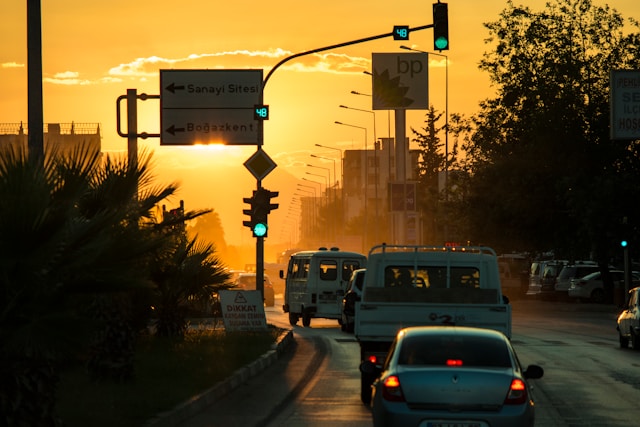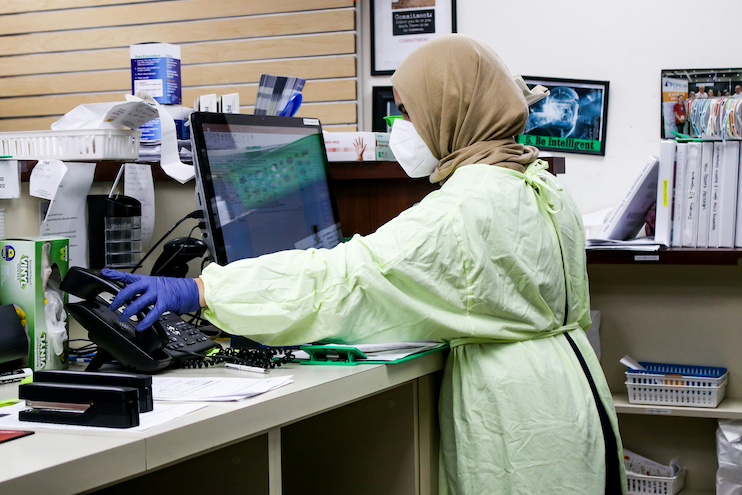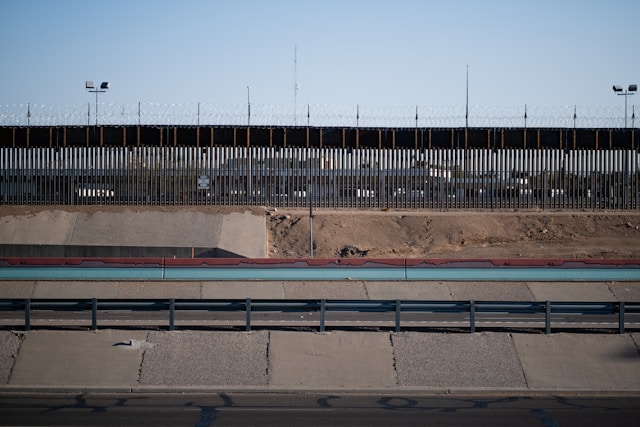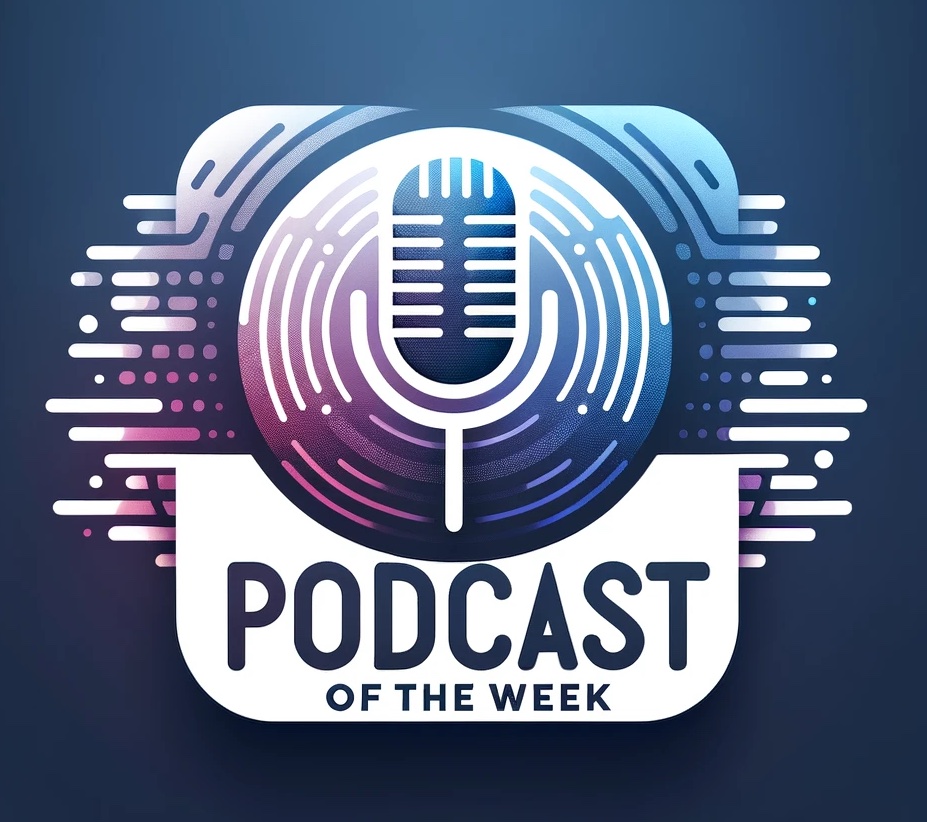The Arab Spring was a series of pro-democracy uprisings across the Middle East and North Africa that began in 2010. Tunisia was the most significantly impacted, adopting a new constitution and now holding free elections. In contrast, Syria was plunged into a violent civil war lasting over a decade, though there is now a glimmer of hope that the Syrian people may achieve a freer society. Other countries, such as Libya and Yemen, experienced large-scale conflicts that dramatically transformed their societies but remain deeply divided.
The Arab Spring highlighted the pivotal role of social media in mobilizing protests and spreading information. Platforms like Twitter and Facebook became essential tools for organizing demonstrations and exposing human rights abuses, which made them targets of state control and suppression. Governments in these regions quickly responded with widespread censorship, including internet shutdowns, social media bans, and surveillance of activists. These events underscored the tension between freedom of expression and authoritarian control, sparking global debates about the ethical responsibilities of tech companies and the resilience of digital activism under oppressive regimes.
Even in countries that did not experience significant uprisings, governments took note of these developments. Many implemented similar measures, including censorship, restrictions on free speech, and increased surveillance of their citizens.
What's Changing
Mark Zuckerberg, during a recent episode of the Joe Rogan Podcast, explained that the U.S. tech industry has not received sufficient support from the U.S. government. Unlike most other industries, which are bolstered by their governments globally, the tech sector has faced repeated scrutiny from U.S. authorities over the past decade. This scrutiny has left American tech companies more vulnerable to being targeted by regulations overseas, especially in the EU, Middle East, and China. Zuckerberg emphasized the need for a shift, calling for greater support from the U.S. government to protect and promote the tech industry, including his social media platforms, internationally. He expressed his desire to return to making his platforms spaces for free speech on a global scale.
Could the U.S. government support social media platforms overseas? Many believe this is a possibility. President Trump, for example, could push for such an initiative. Elon Musk, who has aligned himself with Trump on various issues, has also faced censorship challenges abroad, most recently in Brazil, for his social media platform X. Musk and Zuckerberg want Trump to start pushing back and if Trump does apply pressure to foreign governments and directs the U.S. government to back the tech industry, this could potentially be a significant win for global free speech.



